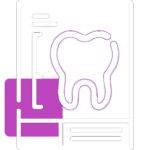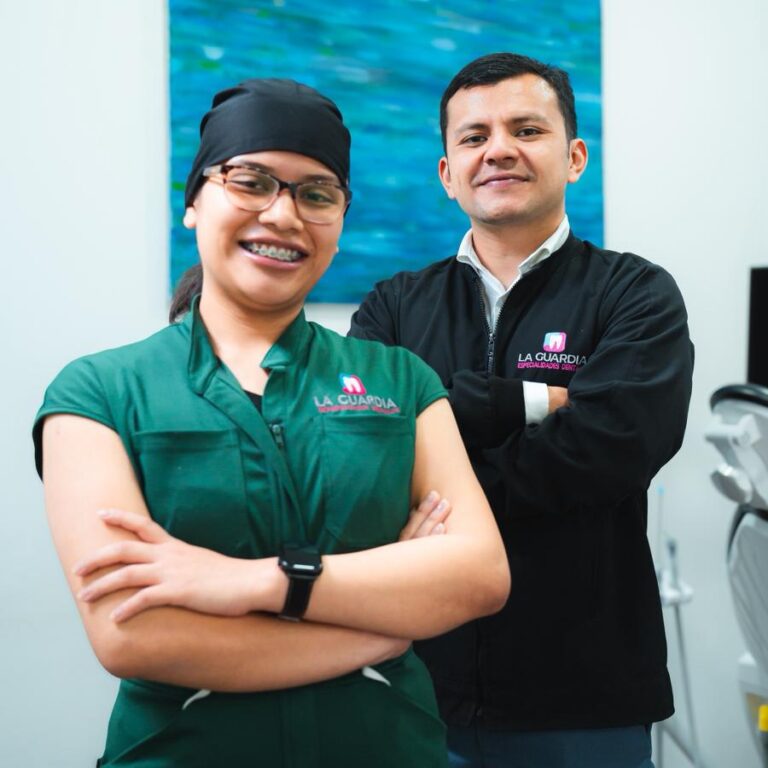
Radiographic Diagnosis
At Clínicas La Guardia, we take your dental health to the next level with our state-of-the-art Radiographic Diagnosis. Thanks to our high-precision digital dental X-rays and panoramic dental X-rays, our specialists can detect any issues, from cavities to more serious complications, with accuracy and speed.
Our radiographic studies are not only precise but also comfortable and safe. We use advanced technology to ensure each image is clear and detailed, allowing us to design the perfect treatment plan for you. Additionally, our panoramic dental X-rays are quick and non-invasive, providing you with results in no time.
The best part? Our prices are as accessible as our services, starting from Q540 ($70 USD). If you’re looking for a clinic for dental X-rays that truly cares about your smile, you’ve come to the right place! Schedule your consultation today and take the first step towards impeccable dental health.













